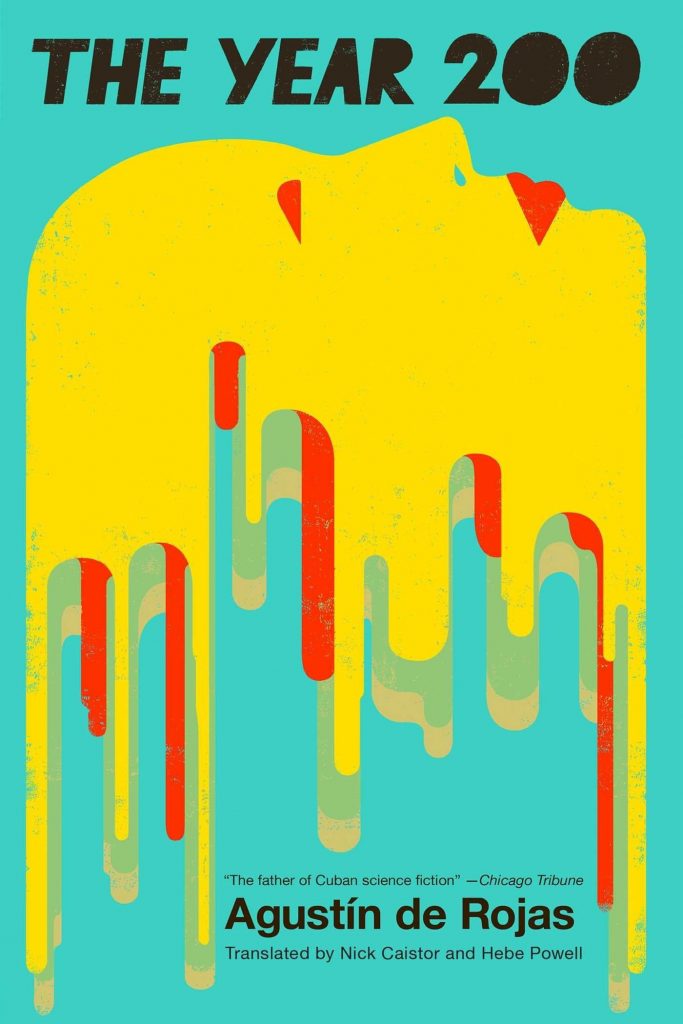 image via restlessbooks.com
image via restlessbooks.com
The Year 200, Agustín de Rojas, 640 pgs, Restless Books, restlessbooks.com, $18.99
Agustin de Rojas, dubbed “the father of Cuban science fiction”, begins the last instalment of his famous trilogy with a provocation to “those who choose fear.” This dedication would seem to champion the characters in the novel who refuse to be fearful of expressing and standing by their ideologies, but by the end of the novel, it seemed to me an ironic reference to de Rojas’ own obvious fear of the disabled.
The novel describes a utopian future where the Communist Federation must face Invasion of the Body Snatchers’ style sleeper agents sent to reignite the Capitalist Empire. The communist society includes “normals”, cybernetically enhanced robot-human hybrids referred to as “cybos”, and “prims” or primitives, who choose to forgo modern technologies and society by living in nature, all of whom are free to select their own fate and future.
All of this high concept world building, along with the complex, tension-mounting plot, is intelligently and beautifully written. However, the beauty of the novel is undermined by an obvious disdain for disability, which shatters the story’s illusion of utopia. The cybos come into being in order to “fix” mentally disabled humans, who are otherwise encouraged to “give up” through suicide. Several ableist slurs are used. Individuals stripped of their souls to become vessels for the capitalist insurgents are described as “vegetables”, and modern lonely-hearts are considered “nothing more than mutilated cripples who dream of recovery, of obtaining something [they] have never known.” In de Rojas’ utopian vision, all mentally and physically disabled individuals should be cognitively or prosthetically enhanced to become communist heroes, capable of contributing to society, or otherwise disposed of through suicide.
An otherwise intriguing speculative tale describes a utopia I have no desire to be a part of. (Nicole Partyka)
